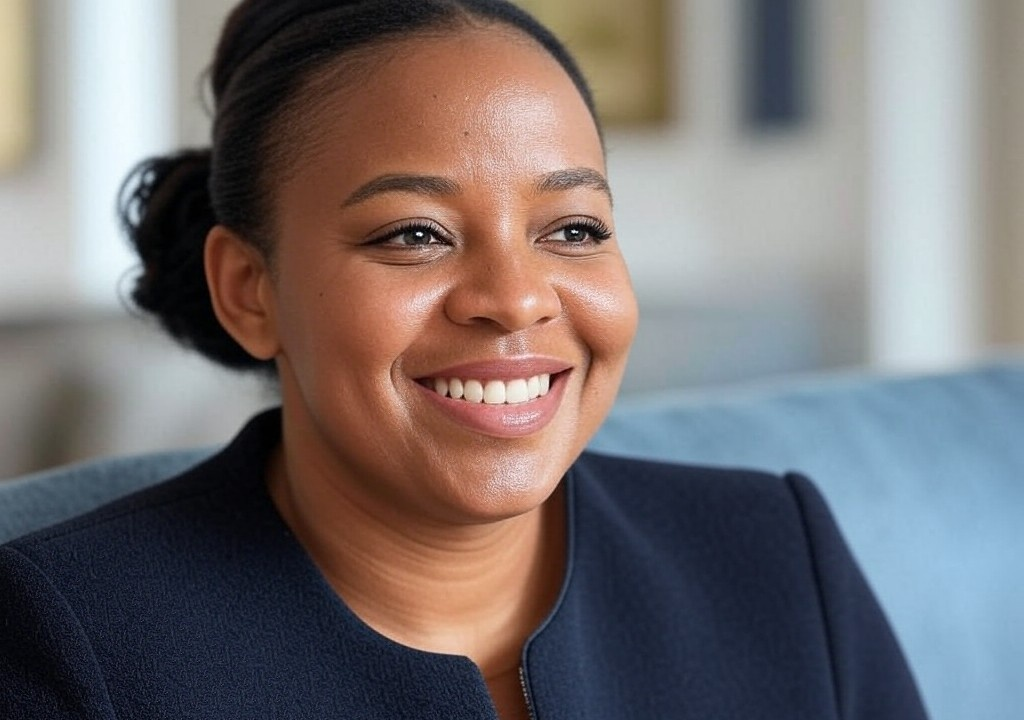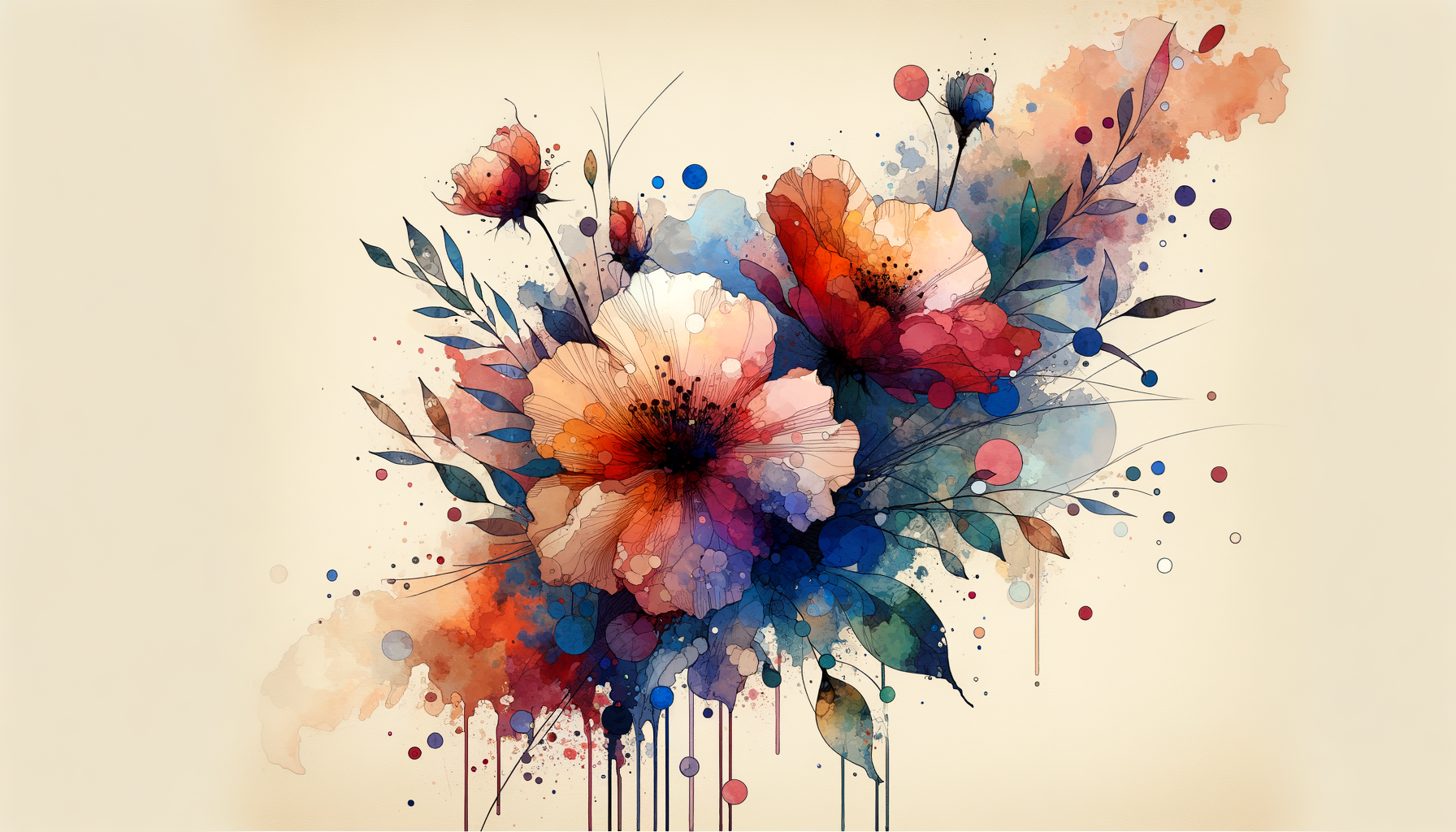I Thought I Wanted to Be Beyoncé
Growing up in Dallas, I thought life would be a perfect remix of a Destiny’s Child song: independent, fabulous, and taking orders from nobody except maybe my mama. For years, I consumed books like they were appetizers before the main course of dominating the stage of life. But somewhere between dissecting Toni Morrison’s Sula during my Howard University days and writing my first deep-dive into contemporary politics as a speechwriter, I realized something: the stories that keep us up at night, that fire us up and make us change course (or stay)—those are the real love stories. They’re where I wanted to live. And they’re exactly why I chose to write about love, relationships, and this wild game we call dating.
Why did I choose this path? I wish I could say it was one big, romantic epiphany under a full Texas moon. But like a slow-burn romance that builds carefully, this calling snuck up on me—a mix of lived experience, family values, and a pinch of good ol’ Southern charm. So, let’s break it down, because if you’re going to trust me with your heart’s ups and downs, you need the backstory.
Love Lessons From a Household With Rules (And Affectionate Roasts)
Let’s get one thing straight: I didn’t grow up surrounded by starry-eyed romantic fantasies. My parents—practical, fiercely intellectual, and deeply in love—built a marriage on mutual respect and shared values. My dad, an accomplished cardiologist with a soft spot for jazz, could charm the scrubs off of anyone with his storytelling. My mom, the corporate attorney, was always razor-sharp and ready with that one cutting glance that meant exactly three words: let’s be real.
Together, they taught me that love doesn’t look like grand declarations every day. Sometimes it’s quieter: in how my mom packed meals for my dad’s overnight shifts or how my dad always made sure my mom’s legal books were lined up just the way she liked. It was comforting, sure, but also hilariously imperfect. Picture a young Ebony, nose-deep in Brontë novels, watching her parents lightly bicker over which was the “ethical” way to load the dishwasher.
That’s where my fascination began. I realized early on that love wasn’t neatly packaged with a shiny bow. It was dynamic, evolving—and yes, sometimes as mundane as arguing about rinse cycles. I couldn’t stop thinking about how we, as people, connect and disconnect and, if we’re lucky, find some kind of rhythm in between.
Flirting With Narratives…and the Awkward Realities That Follow
When I started my career as a political speechwriter, I thought I’d end up sparking legislative change and reshaping Texas one policy at a time. Don’t get me wrong—it was fulfilling, but in a different way. Have you ever tried injecting humor into a speech about property taxes? Reader, let me tell you, there’s very little room for levity in zoning laws.
Meanwhile, I found myself obsessing over the personal stories behind those policies—the compromises, sacrifices, and relationships that made people fight for what they believed in. I wanted to write about how love (or the lack of it) showed up in places it wasn’t supposed to be: the boardrooms, political campaigns, and yes, even Instagram DMs.
Romance doesn’t just live in a candlelit restaurant or under heart-shaped emojis—sometimes it’s in a text you send at 1:32 a.m., knowing full well you’re just going to delete it when the read receipt comes through. Or at a family gathering where your aunt—and your nosy cousin—corner you into explaining your “five-year relationship plan” while you’re just trying to get more macaroni and cheese.
I looked around at the awkward, messy realities of modern love, and it hit me: we’re all just trying to figure it out. Why not write about the chaos with humor and heart?
The Toni Morrison Factor and Why I Stopped Writing “Perfect” Characters
Howard University changed my life. It cracked me open with new perspectives and gave me the language to process feelings I didn’t even know I had. But it was reading Toni Morrison that truly upended me. She didn’t sugarcoat love—it’s powerful, yes, but also complicated, messy, sometimes painful. In her world, love required vulnerability, sacrifice, and the courage to face the truths we’d rather ignore.
I’ll be honest: the hopeless romantic in me wanted to resist that. I grew up believing that love looked like scripted moments from a Nora Ephron movie, with just enough drama for a happy ending. Morrison’s writing challenged me to think deeper. What if love is less about how it looks and more about how it stretches us? Or better yet, how it reflects who we really are?
When I began writing my own fiction, my characters were flawed and unsure of themselves (imagine someone making spaghetti while stress-texting an ex… so realistic, right?). I realized I was writing myself—and everyone else who has ever stared at their reflection and thought, “Should I call? No, definitely not. Wait… maybe?”
From Romantic Fiction to Real-Life Insights
So, how does all of this fit into writing about relationships for This Publication? Well, there’s a beauty in crafting stories that walk the line between fantasy and real life. It’s the same reason I started writing about family and love in my novels. When you explore love deeply—beyond the grand gestures and Instagram-perfect moments—you stumble upon truths that help people grow.
Writing about relationships has pushed me to reflect on my own life, too. Like the time I ghosted someone—yes, I know, bad behavior!—because I didn’t know how to have the hard conversation. Or the time I dated a man who said “I'm not really in touch with my emotions” like it was supposed to make him more appealing. (Spoiler: it did not.)
Those moments? That’s where the relatability lives. The failures, compromises, and belly laughs over spilled wine are just as important as the high-stakes, soul-stirring moments. That’s what makes it real.
Why This Path Is My Love Story
Ultimately, I chose this path because relationships—platonic, romantic, familial—are what connect us all. They shape who we are as individuals and as a society. Sure, it took me years of writing fiction, sweating over campaign speeches, and leaning into love stories to realize it, but this is home. I live for the reminder that even when we don’t have it all figured out, there’s joy in the process.
So, here’s what I hope you, dear reader, take away: you don’t have to be perfect to show up for relationships. Whether you’re navigating new crushes, figuring out how to fall back in love with yourself, or wrestling with a breakup that punched you in the gut, I’ll be here—your sarcastic cheerleader, your overthinking friend-with-a-keyboard.
Because at the end of the day, love isn’t always about getting it “right.” It’s about having the guts to try—awkward dinner dates, emotional text conversations, and all.




















